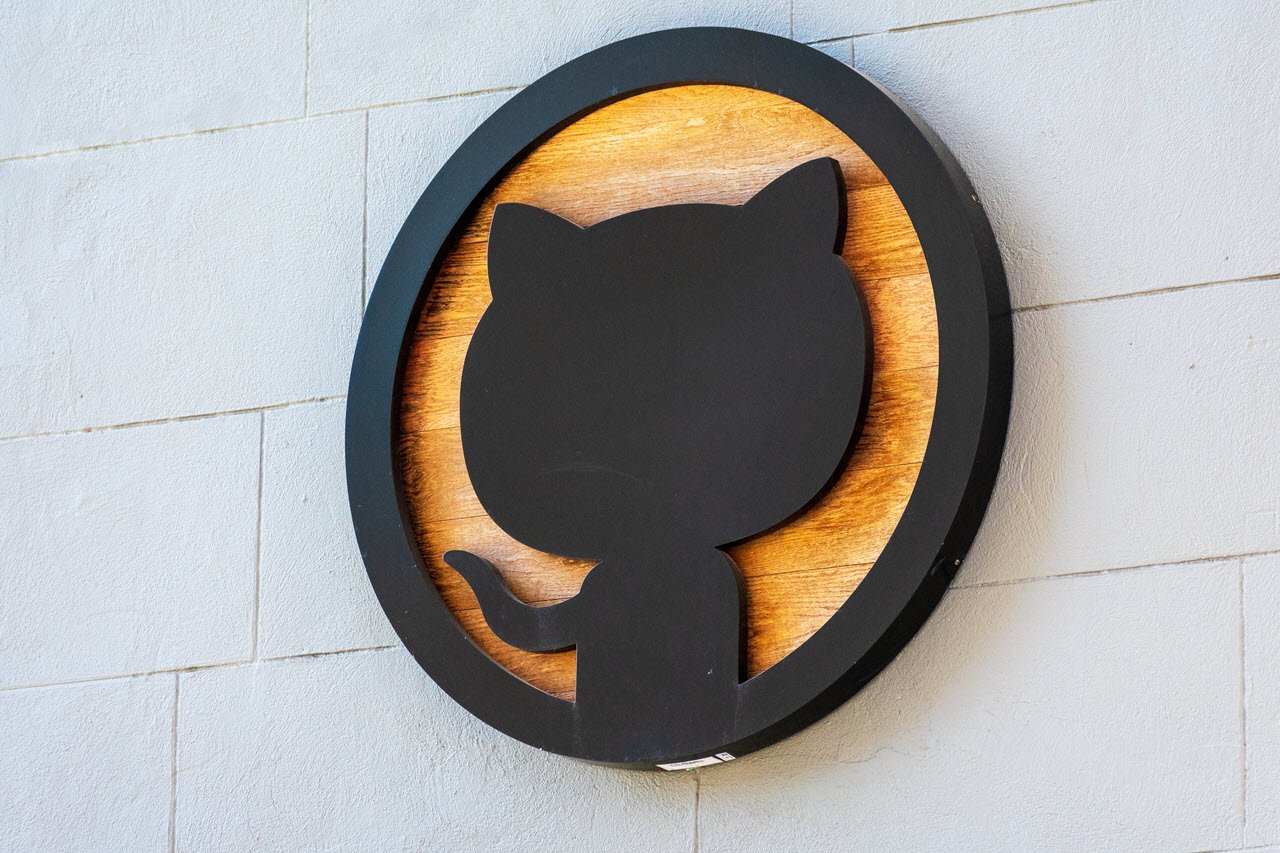If you were looking for courses to learn computer programming, you might have come across an array of popular coding languages used these days, including two of the most popular — Java and C++.
Bjarne Stroustrup developed C++ at Bell Labs in 1979. C++ was an upgrade to the highly popular C programming language. It incorporated Object-Oriented concepts from Simula. Adding these features to C made it one of the most popular programming languages out there.
James Gosling developed Java at Sun Microsystems in 1995 for set-top boxes and televisions. The main aim of JAVA was to create interactive television. A concept which was too complicated for the television industry at that time. However, the language was better for internet applications due to its cross-platform nature.
Also read: What’s the difference between Java and Javascript?
Java vs C++: Comparison
Java, as a language is more prominent in the web development domain. System programming uses C++ extensively. The main reason for this is that C++ gives memory management features to the programmer. Below we’ve explained the main differences between Java and C++.

- Code conversion: C++ uses a compiler to convert the code from high level to machine code. Java uses a compiler as well an interpreter to do the same. In the case of Java, the high-level code is broken down into byte code using a compiler and then this bytecode is executed using an interpreter.
- Programming support: Java supports only Object-oriented programming. C++ supports both Object-oriented programming and procedural programming.
- Inheritances and operator overload: C++ supports multiple inheritances and both operator and method overloading. Java only supports method overloading.
- Platform: Java is platform-independent. C++ is not. Code compilation is done for a particular device in C++, whereas code written in Java is compiled in one machine and runs on a Java Virtual Machine.

- Memory management: Java does not use destructors for memory management. C++ offers the functionality of destructors. C++ uses pointers for memory management. Java does not use pointers, which provides better system security.
- Java doesn’t support unions, whereas C++ does.
- C++ supports both calls by value and reference. Java supports only call by value.
- Errors: In C++, It is the programmer’s responsibility to check the errors. In the case of Java, it is the system’s responsibility to correct an error in the program.
- Thread management: Java has built-in support for thread management; C++ does not.
- Virtual functions: Virtual functions can be created in C++, whereas this feature is unavailable in Java.
Both Java and C++ are excellent general-purpose programming languages. If you want to work with embedded devices, you should go for C++ as it’s more hardware-centred. But if you’re going to develop application-specific software you should learn Java.
Also read: What’s the difference between C and C++?





